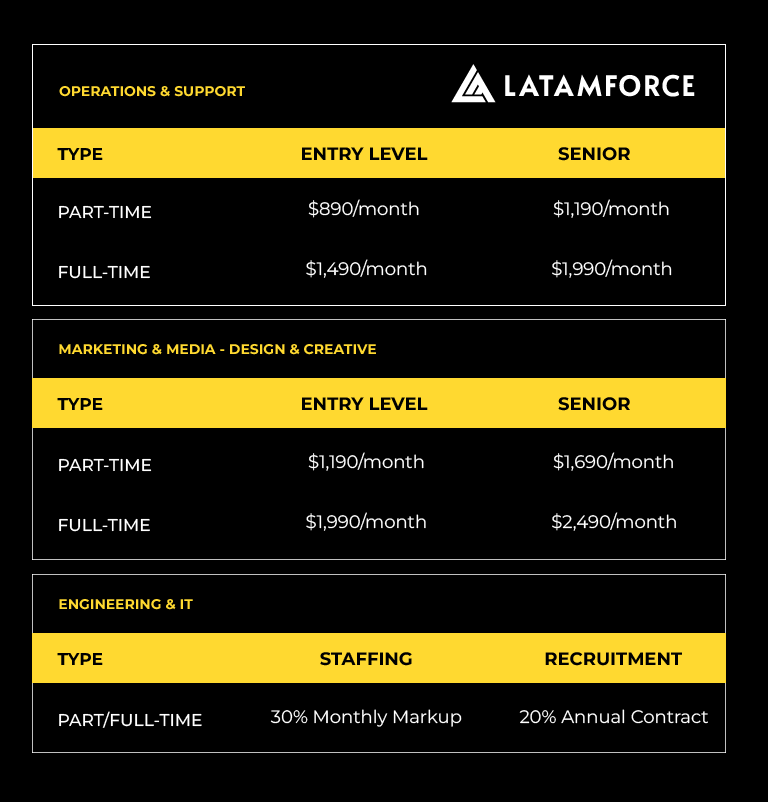The Rise of Remote Work: Why Over 30% of Employees Are Choosing to Work From Home
According to a recent report, more than 30% of work was done remotely in January, which is six times the rate of 2019. This indicates a significant shift in the way people work, as employees dig in their heels and refuse to return to the office.
The COVID-19 pandemic has been the driving force behind this change, as companies have had to adapt to remote work to keep their employees safe. But even as vaccines are rolled out and the pandemic begins to recede, many employees are still reluctant to return to the office.
The reasons for this are varied. Some employees have found that they are more productive working from home, without the distractions and interruptions of the office. Others have appreciated the flexibility that remote work offers, allowing them to balance their work and personal lives more effectively.
However, there are also concerns about the safety of returning to the office, particularly for those who are immunocompromised or live with vulnerable family members. Many employees are also worried about the commute, which may involve crowded public transportation and increased exposure to the virus.
Employers are grappling with these concerns and trying to find ways to balance the needs of their employees with the requirements of their businesses. Some have implemented hybrid work models, which allow employees to split their time between the office and remote work. Others have invested in technology to support remote work, such as video conferencing tools and collaboration platforms.
Despite these efforts, there are still challenges to overcome. For example, remote workers may feel isolated and disconnected from their colleagues, which can impact their mental health and wellbeing. Employers will need to find ways to address these issues and create a sense of community among their remote workforce.
In conclusion, the shift towards remote work is likely to continue even after the pandemic recedes. Employees have discovered the benefits of working from home, and many are unwilling to give them up. Employers will need to adapt to this new reality and find ways to support their remote workforce while maintaining productivity and collaboration.
Want to learn more from an expert in staffing and outsourcing? Latamforce is here to help. Contact us!





